
|
Home |
Download |
Statistics |
Help |
Contact |
About IPAfunc
Intronic polyadenylation (IpA) sites are shown to generate tumor-specific transcripts and play critical roles in tumor progression. Unlike alternative polyadenylation at 3'UTR, IpA occurs within the introns of genes, leading to a stop in normal transcription and producing truncated mRNA isoforms that can generate dysfunctional proteins or noncoding RNAs. IpA is commonly observed in cancer cells and contributes to the inactivation of DNA damage repair genes and tumor suppressors. However, the potential roles and clinical implications of IpAs in human cancers remain poorly understood. To gain a comprehensive understanding of IpA, we have developed a knowledgebase called IPAfunc. This database is designed to provide functional annotations and clinical relevance of IpAs across various cancer types. Based on three major resources (TCGA, CPTAC, and CCLE), we perform comprehensive analysis, including the effects of IpAs on alternative splicing, miRNA binding, and RBP regulation, as well as the regulatory mechanisms of IpAs, including IpA quantitative trait methylation (IpA-QTM) and single-nucleotide variants (SNVs). Notably, we undertake a systematic investigation into the clinical significance of IpAs, including the characterization of IpAs associated with tumor stage and patient survival, exploration of IpAs linked to immune infiltration, and identification of IpAs contributing to drug resistance.
 Search
Search
|
Examples: Gene symbol: AACS, IpA ID: chr12:125622275:+AACS |
 Browse by cancer type
Browse by cancer typeACC |
BLCA |
CESC |
CHOL |
COAD |
DLBC |
ESCA |
GBM |
HNSC |
KICH |
KIRC |
KIRP |
LAML |
LGG |
LIHC |
LUAD |
LUSC |
MESO |
OV |
PAAD |
PCPG |
PRAD |
READ |
SARC |
STAD |
TGCT |
THCA |
THYM |
UCEC |
UCS |
UVM |
 Downstream effects and regulatory factors of Intronic Polyadenylation
Downstream effects and regulatory factors of Intronic Polyadenylation

Micro RNA Identification of APA-regulated miRNA escape |
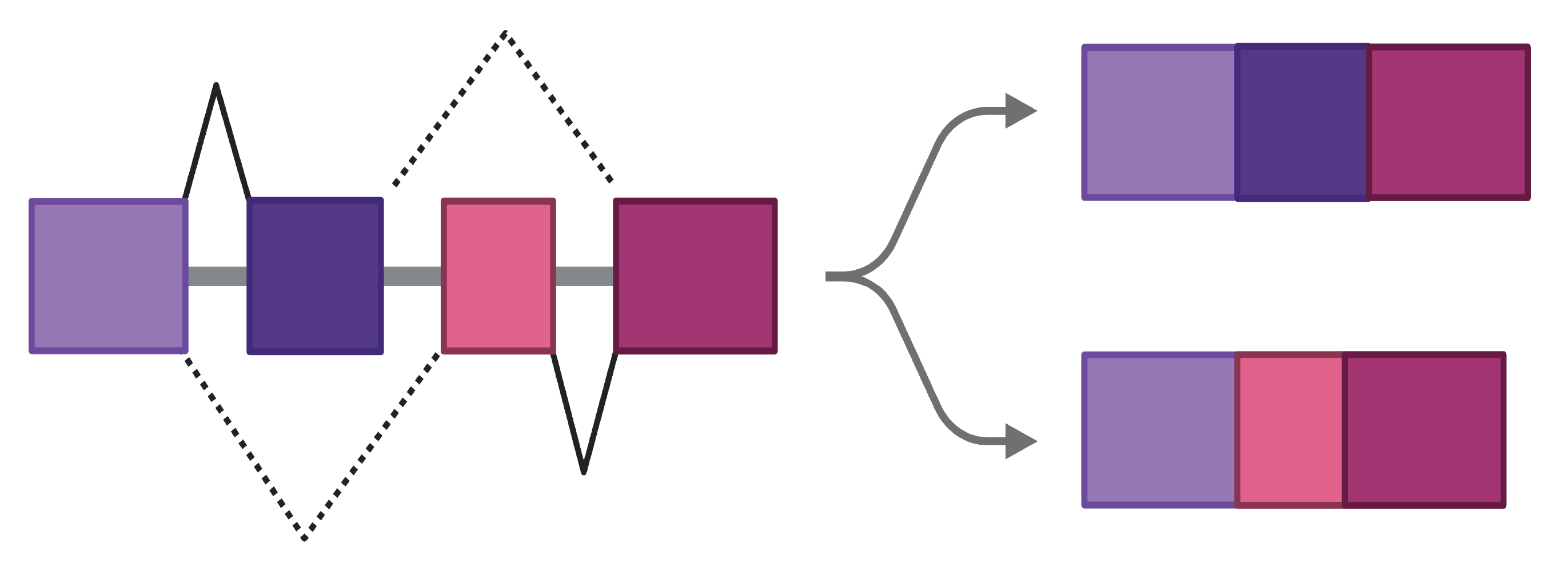
Splicing factor Identification of the effect of IpA events in splicing factors on alternative splicing |
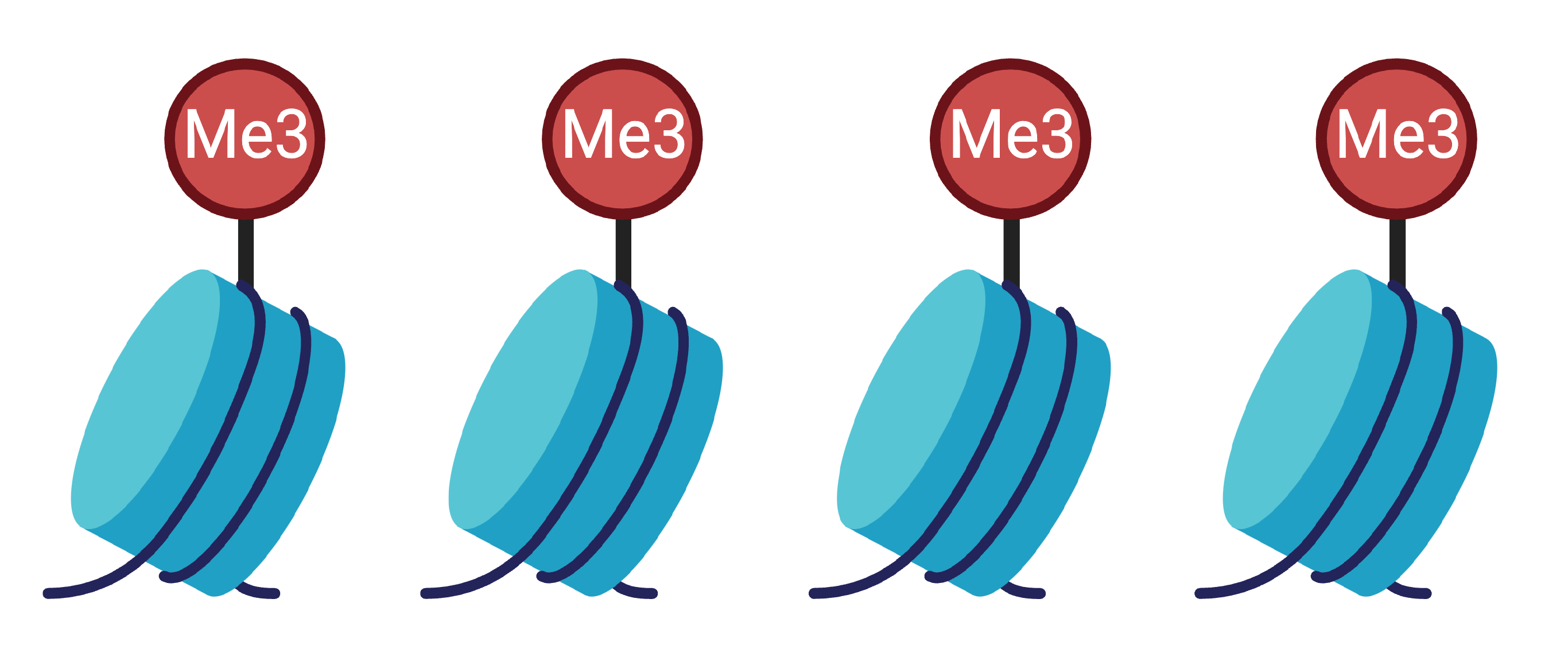
Methylation IpA Quantitative Trait Methylation (ipaQTM) in the IpA events |
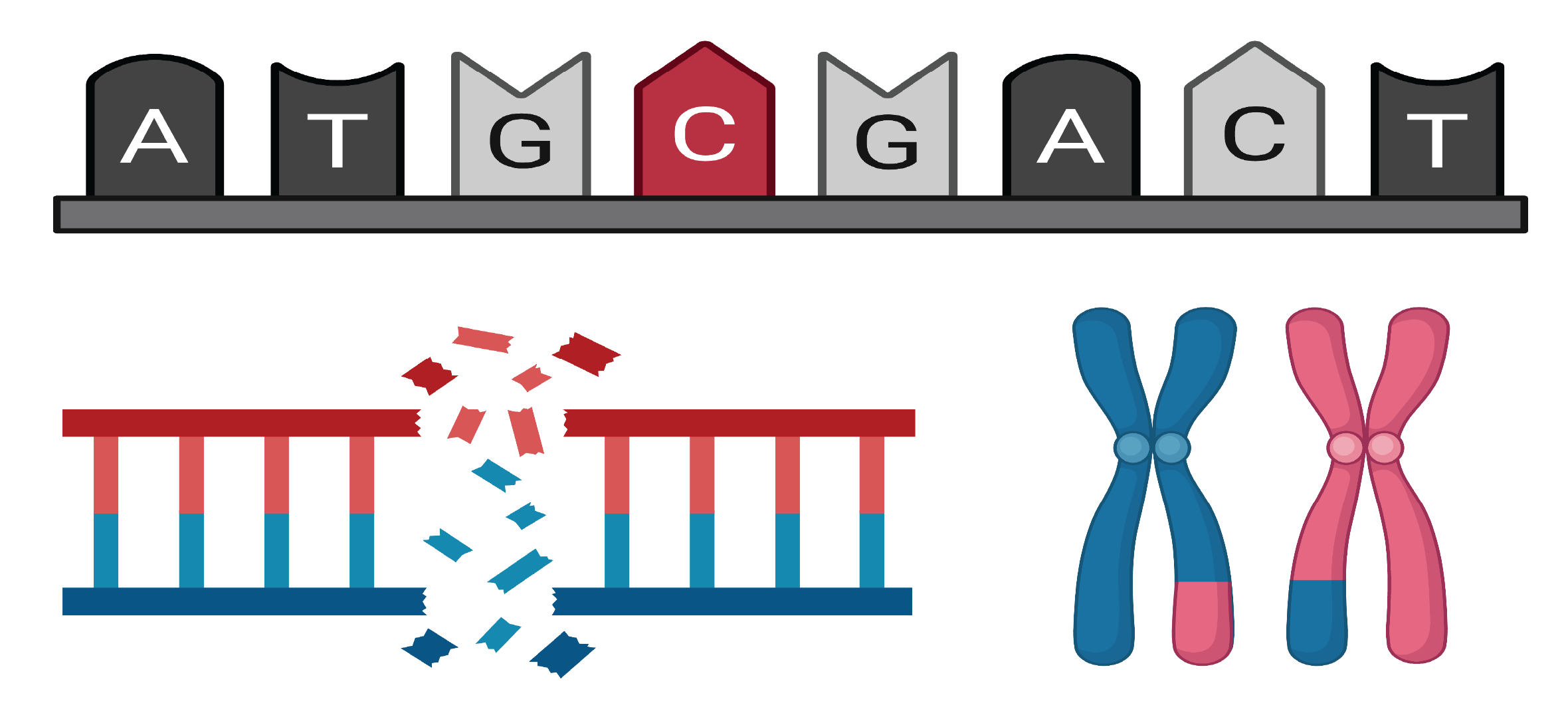
RBP Identification of the effect of IpA events in RBP genes on their targets |
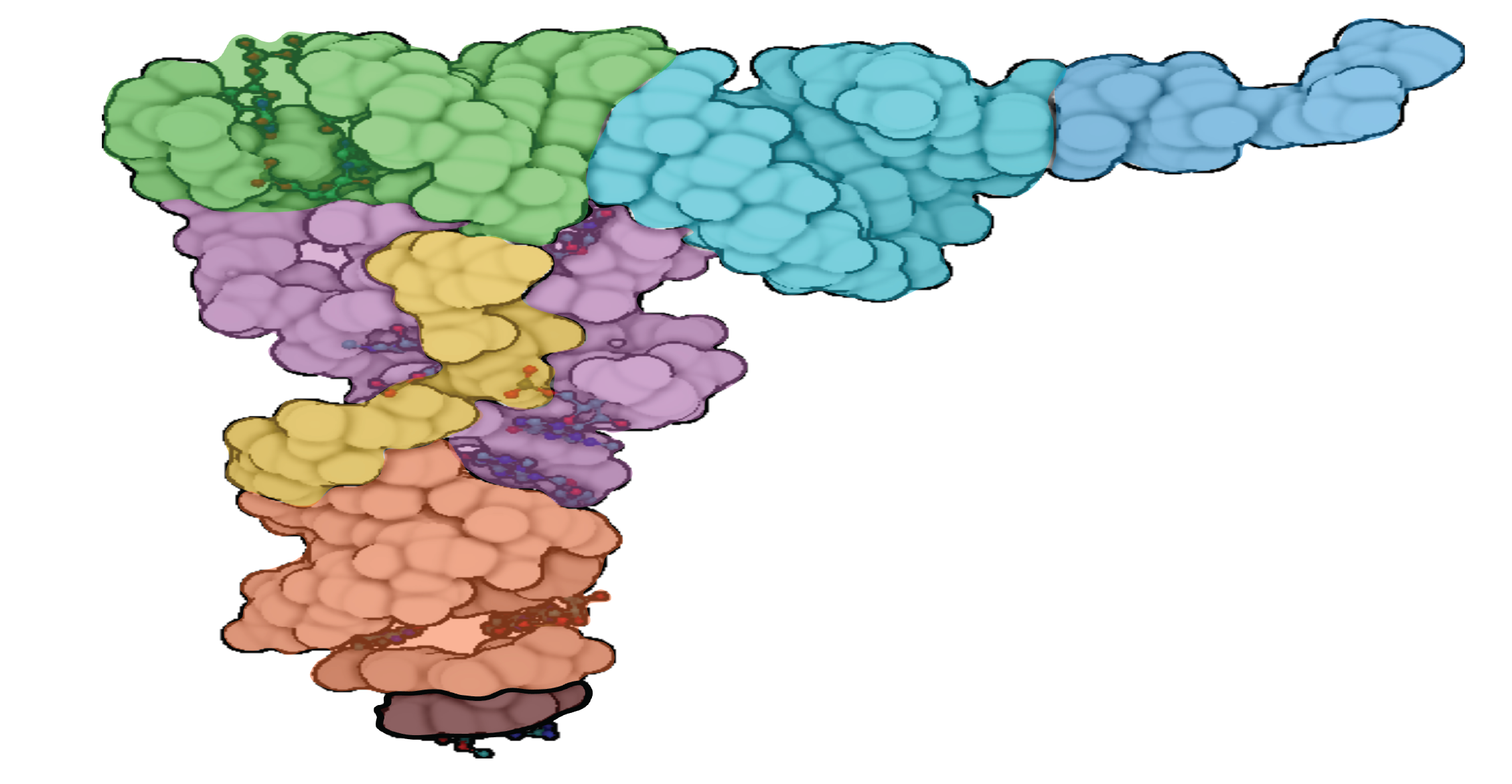
Genetic variants Identification of genetic variations that affect IpA events |
 Clinical relevance of Intronic Polyadenylation
Clinical relevance of Intronic Polyadenylation
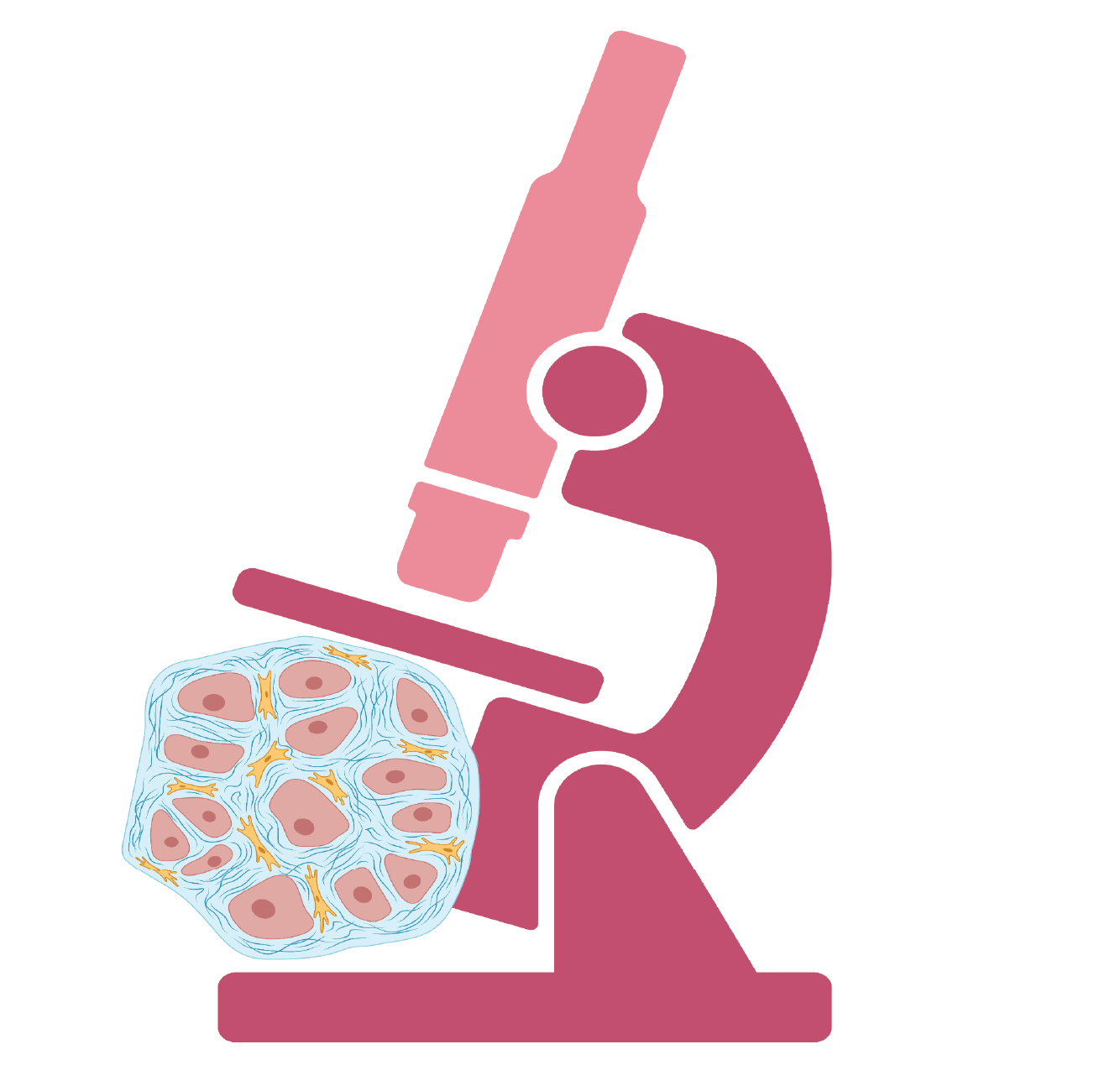
Cancer staging Stage-related IpA events |
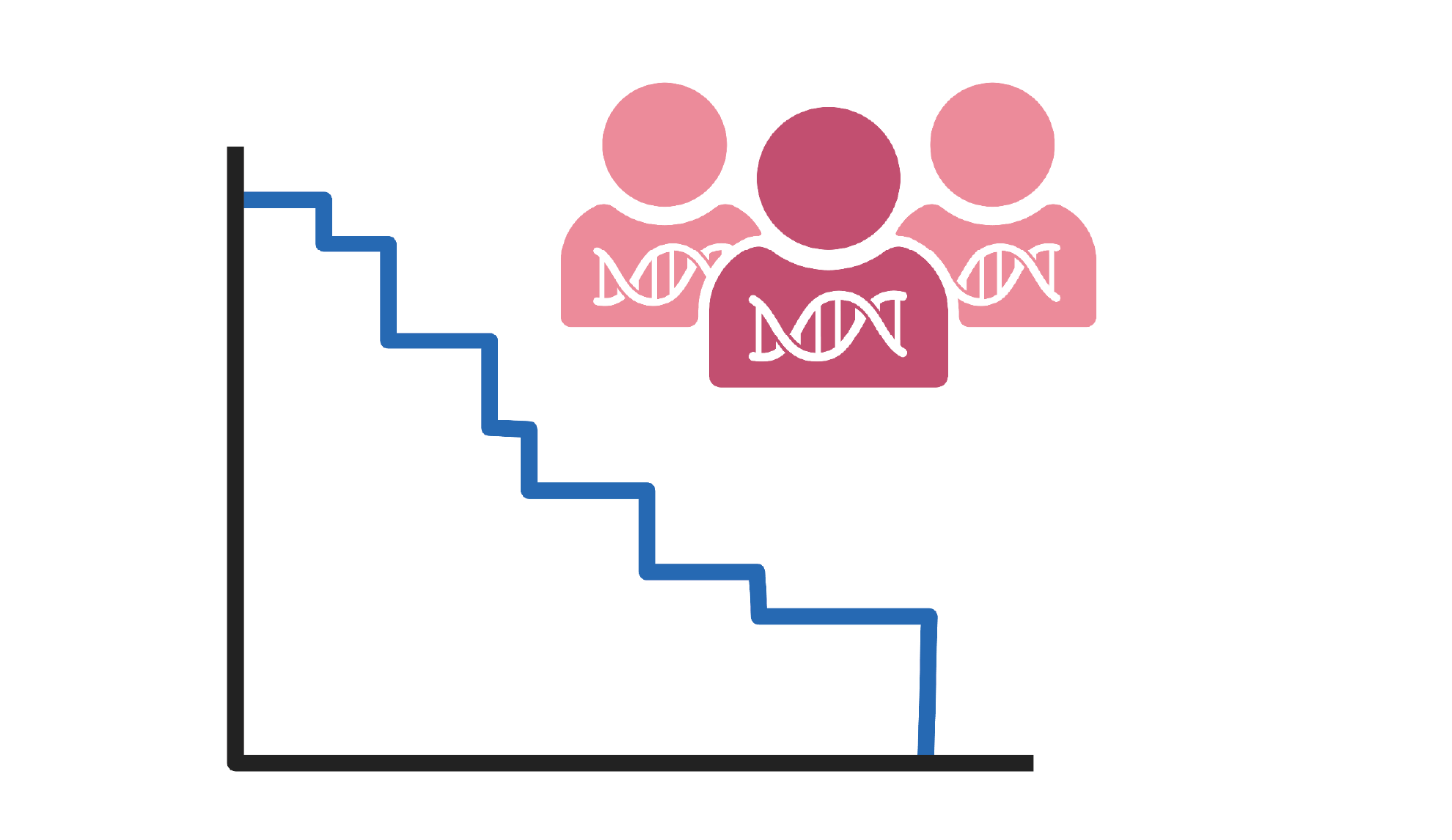
Survival prognosis Prognosis-related IpA events |
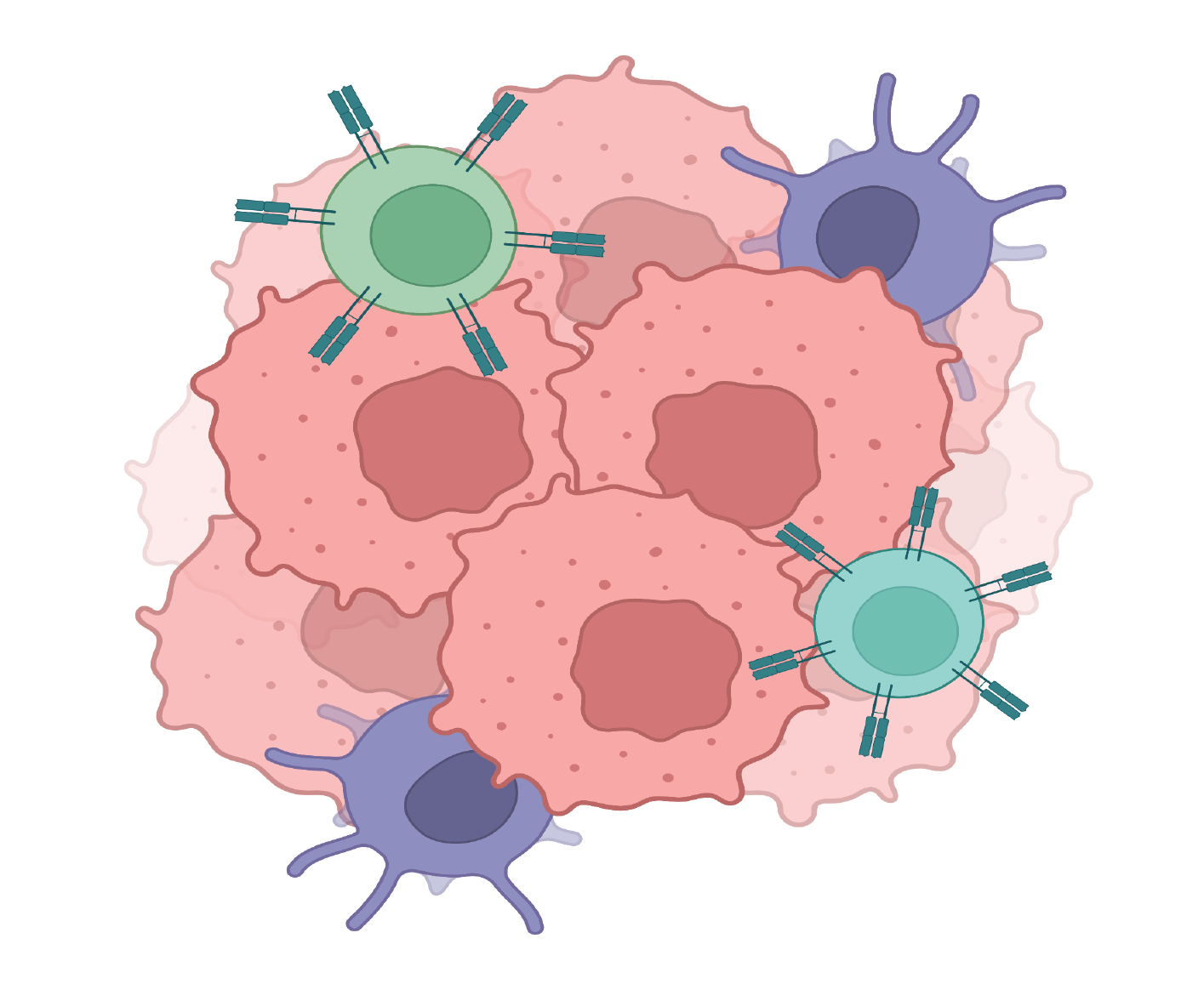
Immune activity IpA events associate with immune cell infiltration |

IpA related drugs IPA gene-related FDA approved-drugs |
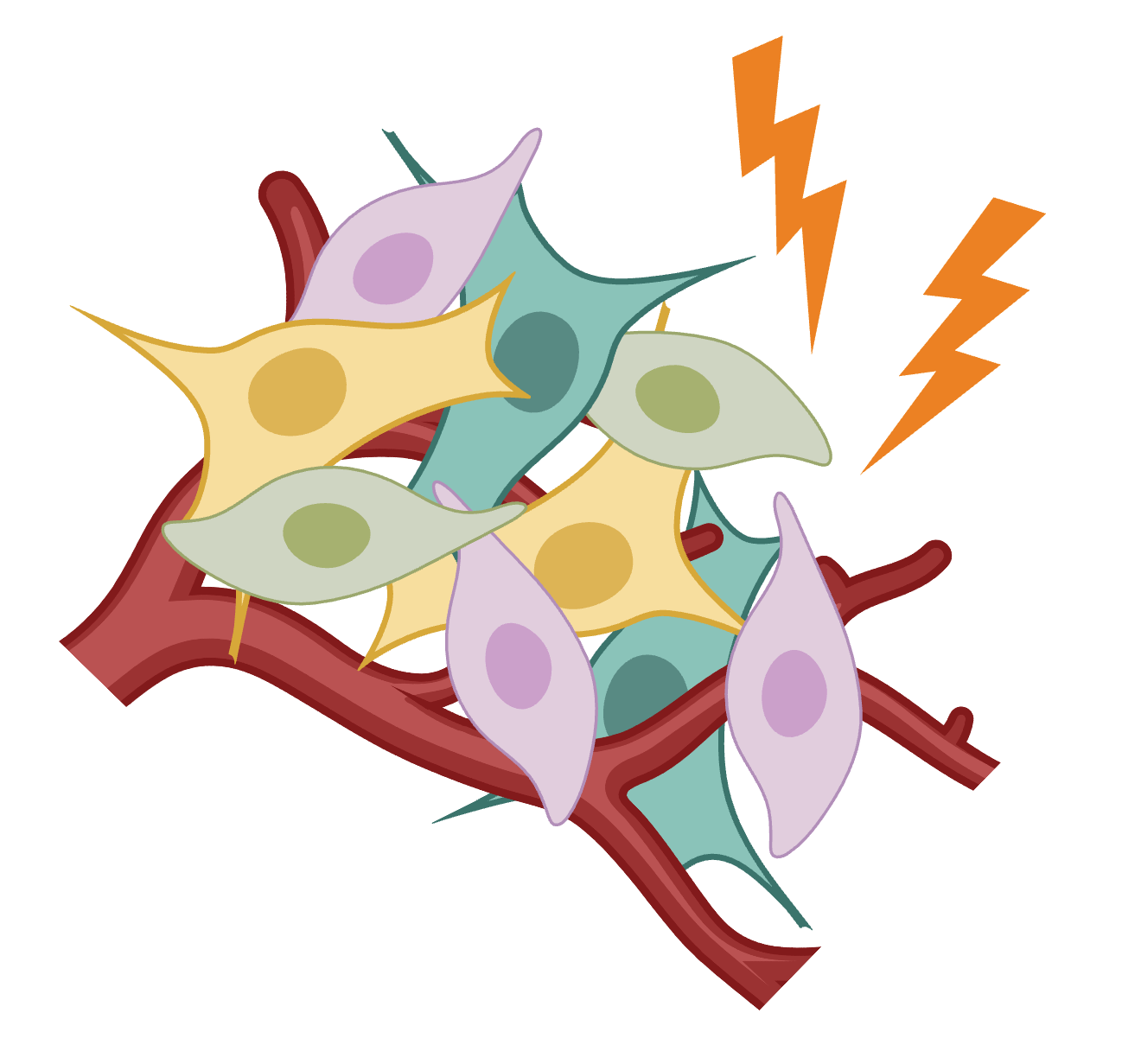
Drug resistance Significant IpA events contribute to drug resistance |
